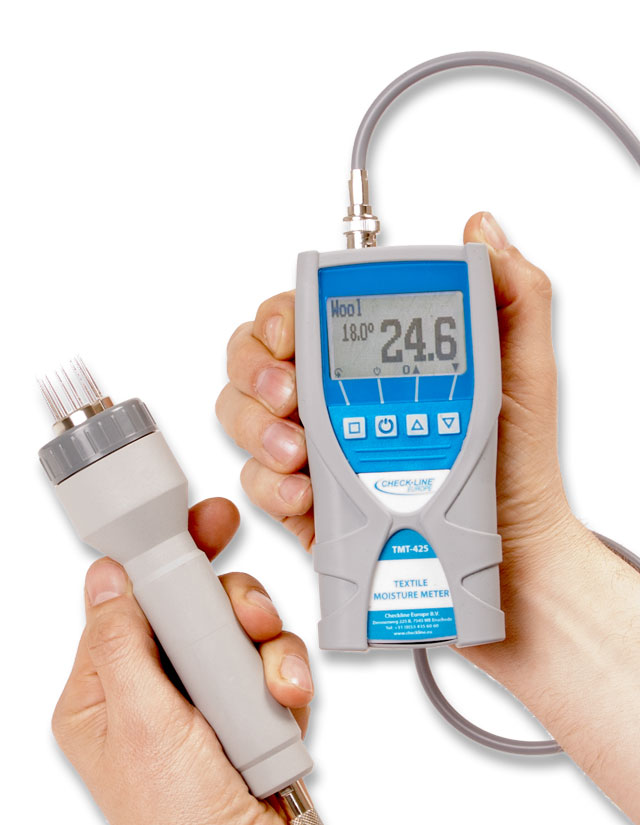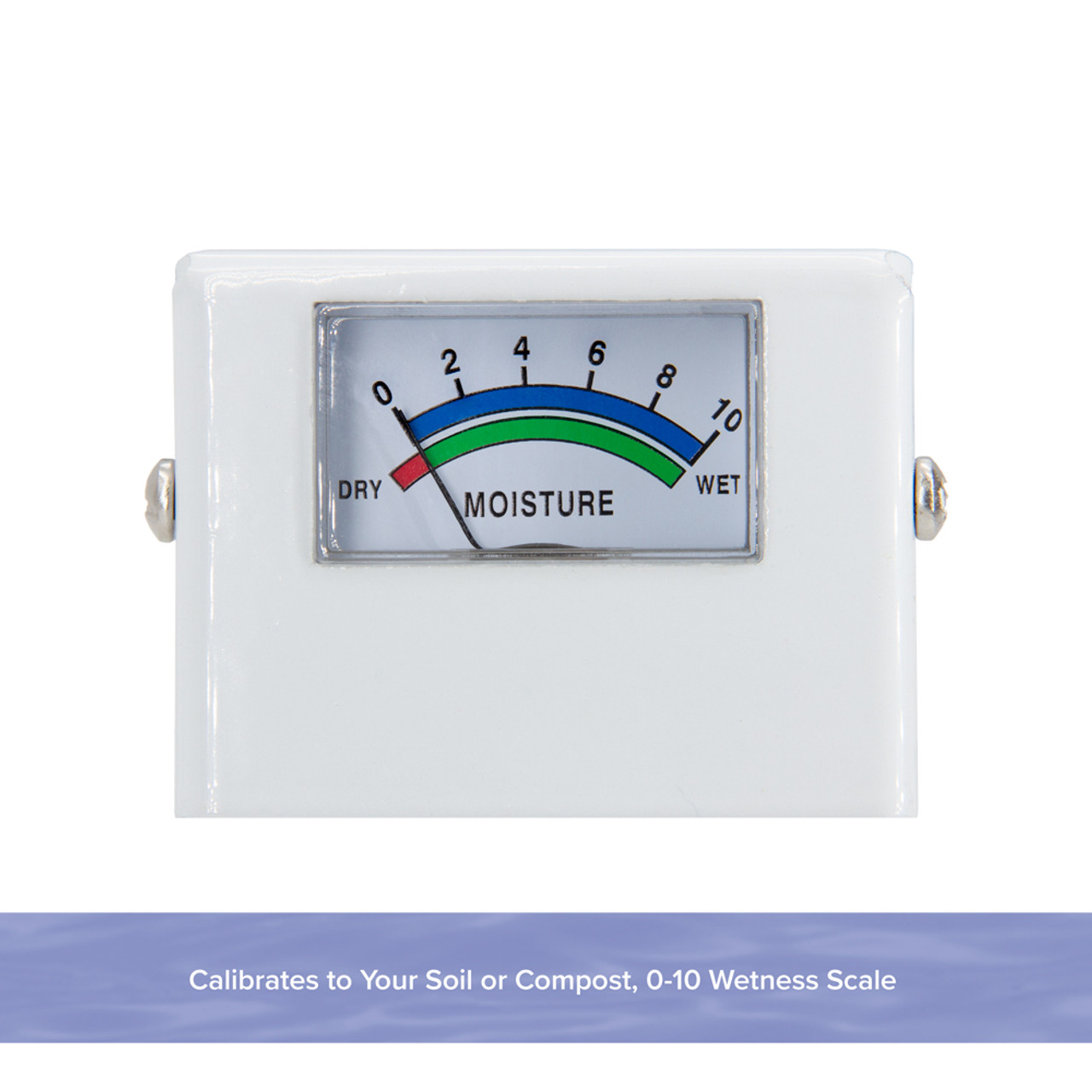The Ultimate Overview to Moisture Meters: A Comprehensive Overview and How They Can Conserve You Cash
In the world of structure maintenance, construction, and various sectors, the significance of precisely measuring dampness degrees can not be overstated. Moisture meters work as essential tools in detecting and checking moisture material in materials, aiding in preventing pricey damages and ensuring the top quality of products. Comprehending the nuances of various kinds of dampness meters, their applications, and the possible cost-saving benefits they supply can be a game-changer for organizations and experts alike. Finding how these devices can not just streamline procedures but additionally add to monetary cost savings is a journey worth getting started on.
Kinds of Moisture Meters
One usual type is the pin-type moisture meter, which determines the electric resistance between two pins put right into a product. Pinless moisture meters, on the other hand, use electro-magnetic sensing unit plates to check a larger area without creating damages to the product's surface.
Moreover, there are additionally specialty wetness meters created for details products like grain, dirt, or hay. These meters give accurate moisture analyses tailored to the distinct properties of the material being evaluated. Infrared wetness meters gauge the thermal residential or commercial properties of a material to determine its moisture content non-invasively, making them helpful for applications where pin or pinless meters may not appropriate. Recognizing the various kinds of dampness meters offered can assist sectors pick one of the most proper tool for their particular wetness dimension requirements.

Advantages of Using Moisture Meters

Moreover, making use of moisture meters can result in boosted power performance. By determining areas with high wetness degrees, such as leakages or poor insulation, modifications can be made to enhance power preservation and lower utility prices. In farming setups, dampness meters play an essential function in enhancing plant returns by enabling farmers to monitor soil moisture levels and make informed watering choices. On the whole, the advantages of making use of dampness meters extend throughout various industries, offering affordable services and promoting better quality control methods.
How to Select the Right Moisture Meter
Selecting the appropriate dampness meter includes considering key variables such as product compatibility, dimension range, and calibration accuracy. When choosing a moisture meter, it's important to make sure that the meter appropriates for the specific material you will be screening. Different materials have varying electric properties that can influence moisture analyses, so selecting a meter created for your material is crucial for precise results. Furthermore, consider the dimension variety of the moisture meter. Make certain that the meter can discover dampness levels advice within the array required for your applications. Calibration precision is one more critical aspect to bear in mind (Moisture Meter). Select a dampness meter with reputable calibration to guarantee regular and precise analyses. Some meters might require routine calibration modifications, so recognizing the calibration process is essential. By meticulously assessing these aspects, you can pick a moisture meter that meets your demands and provides accurate dampness dimensions for your jobs.
Appropriate Strategies for Moisture Meter Usage
To guarantee exact wetness readings and make the most of the performance of a wetness meter, employing proper strategies is necessary. When using a pin-type dampness meter, place the pins or probes right into the material being evaluated till they make full call. By complying with these correct methods, customers can count on their wetness her explanation meter to give credible dampness levels, helping in preventing expensive damage or ensuring high quality in numerous applications.

Price Savings Via Moisture Meter Applications
Just how can the tactical application of wetness meters bring about significant expense savings across try these out numerous industries? Wetness meters play a crucial function in cost financial savings by preventing prospective damages and ensuring high quality control in various sectors. In the agriculture industry, wetness meters help in determining the ideal time for collecting plants, protecting against over-drying or excess wetness that can influence the end product's high quality. This precise surveillance assists farmers stay clear of unneeded losses and optimize their yield.

Furthermore, in the food processing sector, dampness meters are essential for monitoring product quality and ensuring conformity with safety and security laws. By precisely determining dampness content in food, manufacturers can prevent putridity, maintain quality, and minimize waste, leading to considerable cost savings. Overall, the critical application of dampness meters is a useful investment that can result in substantial price decreases and enhanced efficiency throughout different industries.
Verdict
In final thought, dampness meters are important devices for gauging and discovering dampness levels in different products. By utilizing the best wetness meter and adhering to correct techniques, individuals can properly avoid expensive problems created by excess moisture.
Moisture meters serve as crucial tools in discovering and checking moisture content in materials, helping in protecting against costly damages and guaranteeing the high quality of items. Infrared dampness meters gauge the thermal residential properties of a product to establish its dampness content non-invasively, making them useful for applications where pin or pinless meters may not be suitable.Moisture meters offer indispensable benefits in precisely examining and checking dampness degrees in varied materials and atmospheres. In agricultural settings, moisture meters play an essential role in optimizing plant returns by making it possible for farmers to check dirt wetness degrees and make educated watering decisions.In conclusion, moisture meters are beneficial tools for measuring and identifying moisture degrees in various materials.